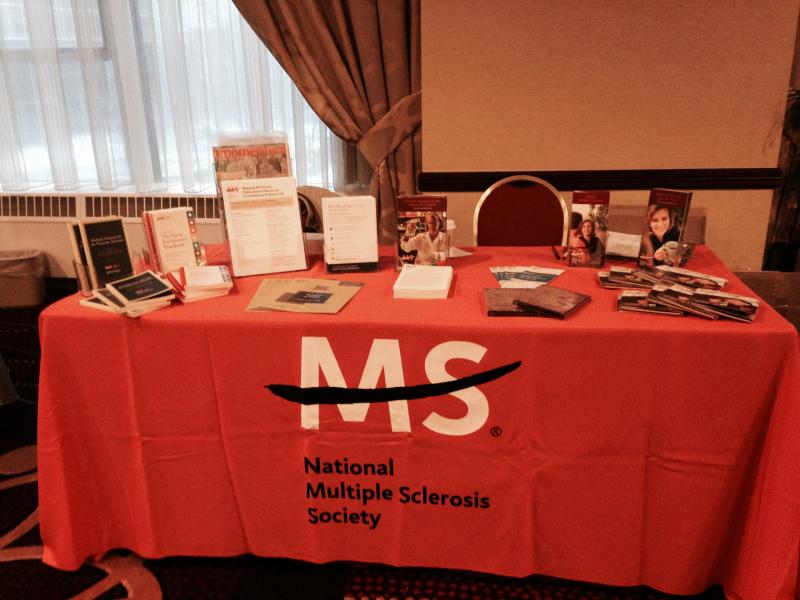I have been an internal care manager at the National Multiple Sclerosis Society, Pennsylvania Keystone Chapter since September. The provides an abundance of services and resources to over 14,000 persons with multiple sclerosis (MS) in Western and Central Pennsylvania. These services include, but are not limited to exercise programs, support groups, referrals (physical & mental health), and financial assistance, for things ranging from rental assistance, home modifications and personal home care. Although the financial assistance we provide can be the difference between getting evicted or not for our clients, our financial assistance is limited in that it covers a specific amount of services, and often only provides a temporary solution to an ongoing problem. Once a person with MS has exhausted their funding at the MS society, or they need assistance with something that isn't covered by our financial assistance program, my mentor Brian makes a warm handoff to me to create a plan for their well-being, and locate other resources to try and find a more long-term solution to any problems identified while working together.
The most common issues that people with MS come to me with are: needing additional help with rent and utility payments, medication assistance (MS medications are incredible expensive), food assistance, and access to free or discounted prescription eye glasses. The first thing I can do as a case manager is talk with the client via telephone and try to ascertain what their most urgent needs are, to begin supporting them in meeting those urgent needs. I then utilize my network of community organizations in their area or national organizations to see if they provide the services that my clients are seeking. If they do serve my client, I can find out key points such as how does one qualify for these services and how do they apply to receive aid as soon as possible.
In many instances, I refer clients to food pantry services. In this case, I would obtain details about where it is located and what days and times they distribute their food. A common symptom for people who have MS is cognitive issues so it is important for me as a case manager to be their advocate when reaching out to organizations. I also try to ensure that they follow up with getting the services these organizations provide. This includes sending out letters of intent, stating that this person has a chronic illness and that they are in financial need, as well as following up with my clients. That follow up is phone call, a key step in providing care to my clients, is to ensure that they have been able to access the service, and to also make sure that they don't need further assistance.

